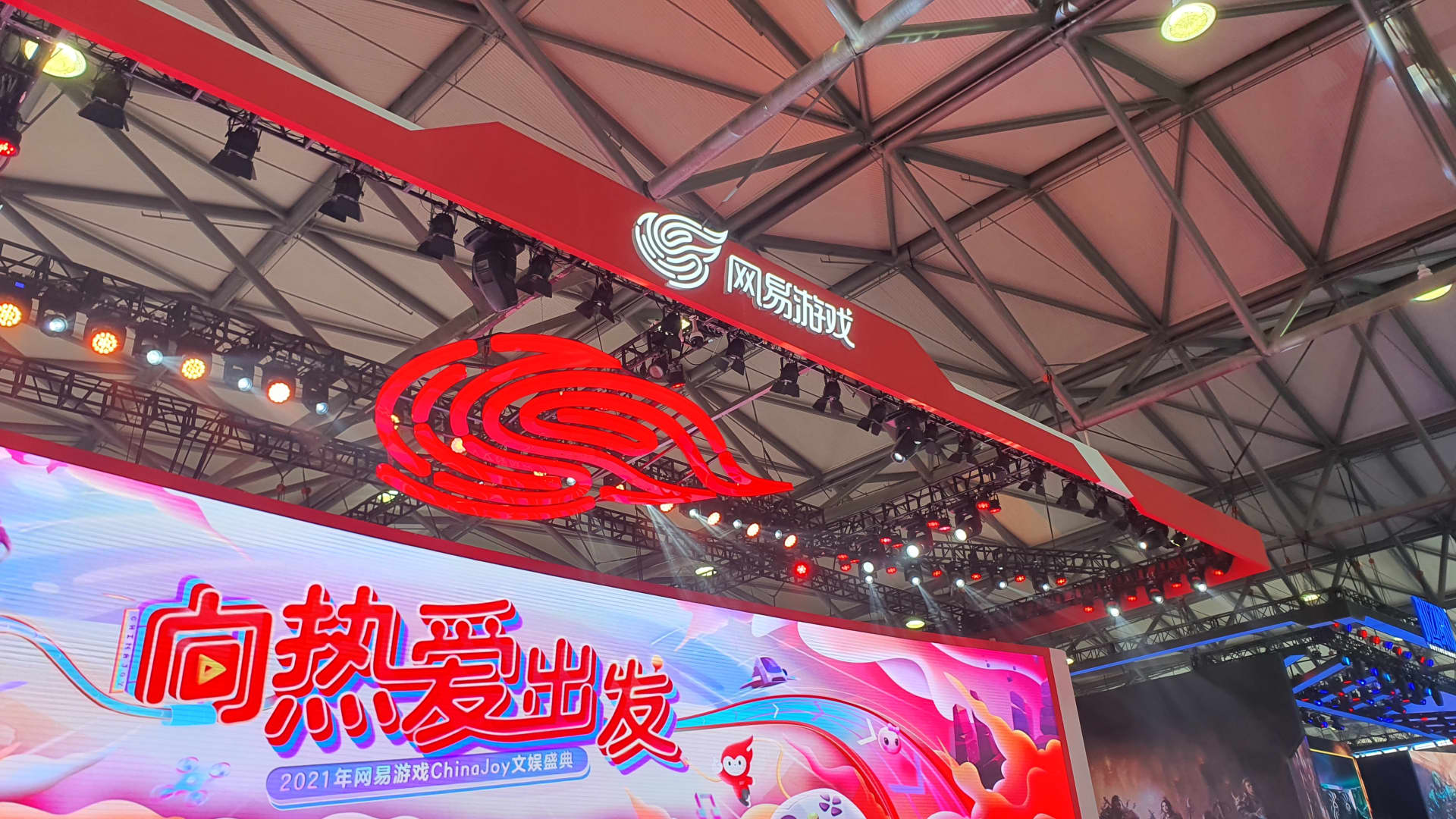Chinese video game giant NetEase has been aggressively expanding overseas as the domestic market slows down amid tighter regulation. It now has fully-owned gaming studios in the U.S., Europe and Japan as it focuses on games beyond just mobile and PC.
Arjun Kharpal | CNBC
NetEase announced Wednesday that it has acquired a French games developer as the Chinese technology giant continues its aggressive international expansion drive.
The Hangzhou, China-headquartered firm bought Quantic Dream, marking the establishment of its first fully owned gaming studio in Europe.
NetEase and its rival Tencent have been upping their efforts overseas as the Chinese domestic games market slows down amid tighter regulation.
Over the years, Tencent has been prolific in acquisitions and investments in overseas gaming companies. NetEase is now catching up.
This year alone, NetEase has set up gaming studios in Japan and the U.S.
NetEase has typically been focused on PC and mobile gaming, extremely popular formats in China. Mobile gaming makes up more than half of its global games revenues. But more recently, the tech giant has been expanding into console games.
Quantic Dream, a 25-year-old studio, will focus “on creating and publishing its video games on all platforms, as well as supporting and publishing third-party developed titles,” according to a press release.
That highlights NetEase’s intention to grow across mobile, PC and consoles.
The acquisition of Quantic Dream is in line with NetEase’s strategy of acquiring well-known international characters and franchises. Quantic Dream is currently developing a game called Star Wars Eclipse, based on Disney’s space adventure movies. NetEase has already released mobile games based on the Lord of the Rings and Harry Potter.
NetEase’s international push comes as regulators in China continue to scrutinize the games market, though there are signs of some easing. Last year, authorities restricted the amount of time those under 18 years old could play online games and froze the approval of new titles. In China, games need the green light from regulators to be released and monetized. Those approvals restarted in April.
In an interview with CNBC last year, Hu Zhipeng, vice president at NetEase and one of the top bosses of the technology giant’s video games business, said that he aims to eventually have 50% of the company’s gaming revenue come from overseas, up from around 10% now.
Competition in the global games market is heating up.
Sony, a leader in console gaming and producer of the PlayStation, announced on Tuesday that it is setting up a dedicated mobile division, which will put it in competition with the likes of Chinese giants Tencent and NetEase.
Image and article originally from www.cnbc.com. Read the original article here.

